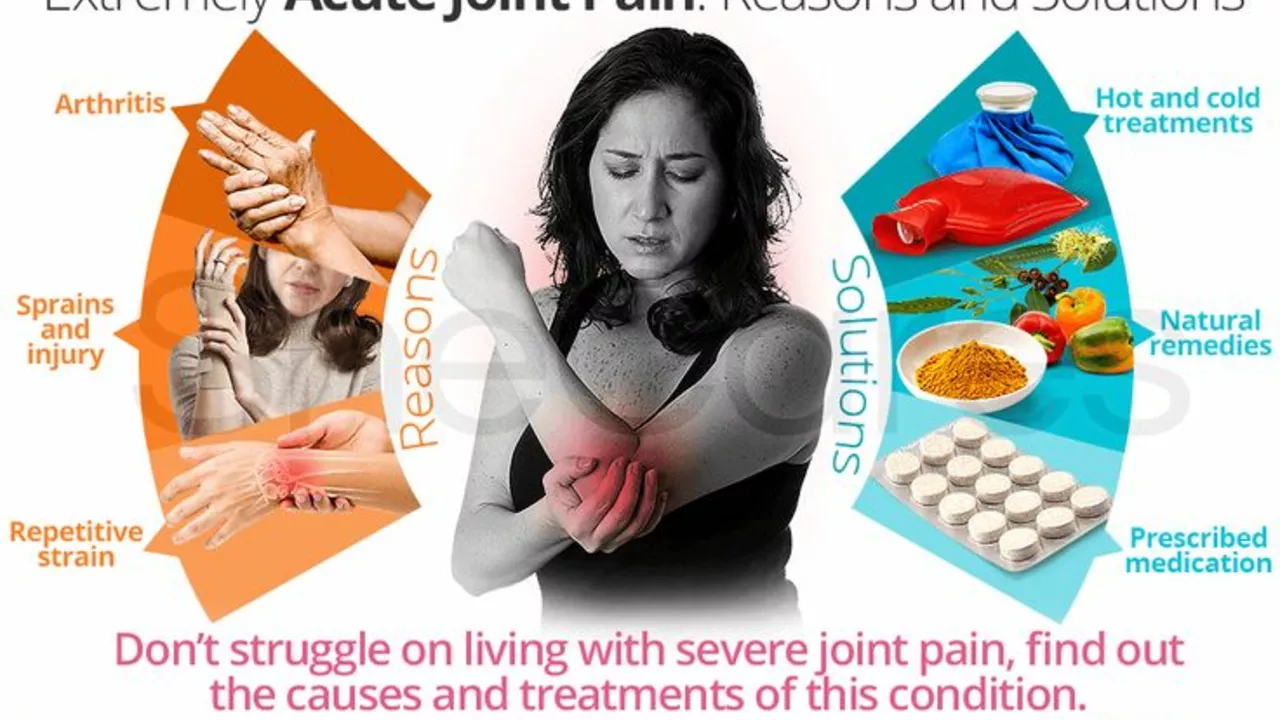Women's Health: Practical tips on medications, skin care, and newborn prep
Women face specific health choices: different meds, skin concerns, pregnancy and postpartum care. You don’t need medical jargon—just clear steps you can take now to stay safer and feel better. Below are practical tips on buying medicines, treating skin problems, and preparing for major life changes like having a baby.
Medication safety and buying online
If you’re buying prescription drugs or researching treatments, treat safety as the priority. Always ask for a valid prescription for medicines like methotrexate or warfarin. Check the pharmacy: look for a physical address, a licensed pharmacist you can call, and clear return or privacy policies. Canadian pharmacies often show licensing; if a site hides contact info, walk away.
Watch for red flags: sellers that skip prescriptions, offer huge discounts on controlled meds, or use aggressive pop-ups. Read recent reviews from multiple sources, and search the pharmacy name plus words like “scam” or “review.” For saving money on branded drugs like Valtrex, coupon cards and manufacturer savings programs can cut costs—compare the real out-of-pocket price before you order.
Know the drug basics: warfarin (Coumadin) needs blood monitoring and interacts with many foods and meds. Methotrexate has specific dosing and monitoring rules. Antidepressants like venlafaxine (Effexor) may cause withdrawal if stopped abruptly. If a new medication is on your list, write down common side effects and emergency signs, then discuss them with your prescriber.
Skin, supplements, and preparing for a newborn
Skin issues are common. Topical meds like Elidel (pimecrolimus) work for eczema but can have local irritation—test a small area first and follow the cream schedule. Chemical peels can help acne but pick a licensed provider and start with a mild peel. Ask how many sessions you’ll need and what aftercare looks like.
Supplements like BCAAs or herbal options (couch grass, maral root) can support energy or digestion for some people, but they aren’t risk-free. Treat supplements like medicines: check ingredients, doses, and possible interactions with prescriptions. If you’re pregnant or breastfeeding, stop supplements until your clinician signs off.
Getting your home ready for a baby? Focus on safety and routine: a safe sleep space, stocked basics (diapers, thermometer, first-aid), and a plan for feeding and doctor visits. Keep a current medication list and emergency contacts visible. Small prep reduces stress once the baby arrives.
If anything feels unclear, ask your pharmacist or doctor. Bring a written list of your medicines and symptoms to appointments—good records speed better care. Stay curious, but stay safe.

The Impact of Hormonal Imbalance on Vaginal Burning
In my research, I've discovered how hormonal imbalance can significantly affect women's health, particularly causing vaginal burning. Fluctuations in hormones, especially during menstruation, pregnancy, or menopause, can lead to changes in the vaginal environment, making it more susceptible to infections and inflammation. This can result in a burning sensation, discomfort, and other symptoms. It's crucial to consult a healthcare professional if you're experiencing these issues, as they can provide suitable treatments and tips to maintain hormonal balance. Remember, understanding our bodies is the first step to better health.
Read more